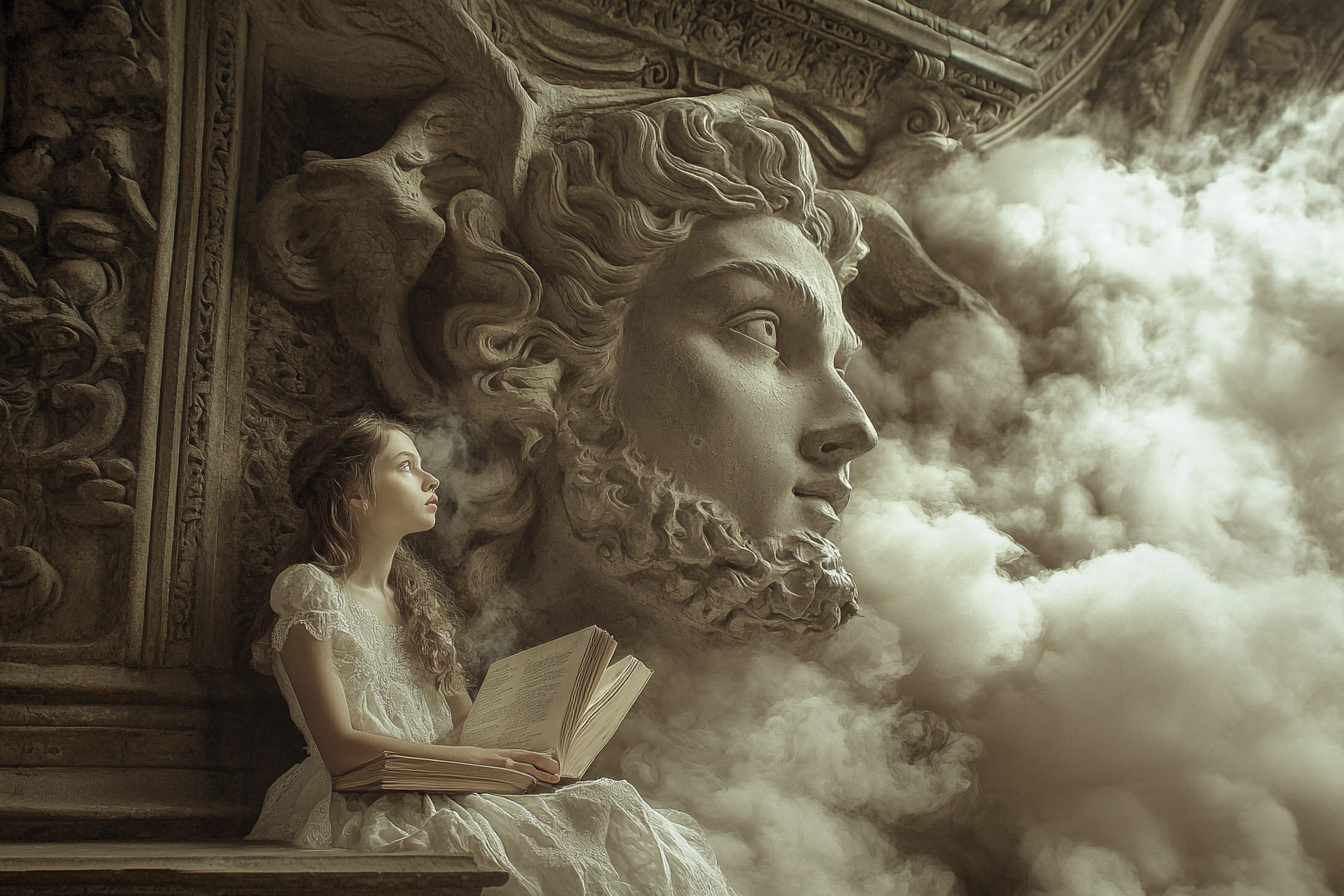In storytelling, there’s a certain allure to tales of epic quests, legendary heroes, and world-shaking events. But sometimes, it’s the understated stories of unlikely or overlooked characters that leave the greatest impact. Enter “The Greatest Story Never Told”, a TV trope that highlights narratives happening in the margins, starring characters who usually play second fiddle.
This trope shines the spotlight on the unsung heroes, the comedic sidekicks, or the background characters who find themselves thrust into extraordinary circumstances—often with little fanfare or recognition. Their adventures might not change the world, but they reveal a surprising depth, proving that everyone has a story worth telling.
Origins and Appeal
The charm of this trope lies in its shift of perspective. Traditionally, stories revolve around the most powerful, central figures, but “The Greatest Story Never Told” challenges that notion by exploring what happens when the spotlight lands on someone else. It’s a celebration of the overlooked, a reminder that heroism and meaning aren’t reserved for the "chosen ones."
This narrative device also allows writers to subvert expectations, offering fresh takes on familiar genres and dynamics. It’s humorous, poignant, and often self-aware, giving audiences a chance to see the story world through different eyes.
Memorable Examples in Media
- "The Greatest Story Never Told" (Justice League Unlimited)
- The trope is named after this specific episode featuring Booster Gold, a C-list superhero known more for his ego than his skills. While the Justice League battles a massive threat in the foreground, Booster is tasked with crowd control—only to stumble upon a separate crisis involving a black hole. His unnoticed heroics highlight his hidden potential and provide a comedic yet touching exploration of what it means to be a hero.
- Rosencrantz and Guildenstern Are Dead
- This iconic play (and later film) takes two minor characters from Hamlet and reframes the story from their perspective. Their confusion and existential musings about their roles in a larger, incomprehensible narrative embody the essence of the trope.
- "The Tales of Ba Sing Se" (Avatar: The Last Airbender)
- In this anthology episode, the focus shifts from the main characters to side stories of everyday life in the city of Ba Sing Se. Each vignette, especially the tale of Iroh, delivers emotional depth and enriches the world-building without advancing the central plot.
- The Scouring of the Shire (The Lord of the Rings books)
- While Peter Jackson’s film adaptation omits this chapter, Tolkien’s books include a quieter, localized conflict at the story's end. The hobbits, once considered insignificant, demonstrate their growth and heroism by reclaiming their home—a smaller but deeply personal victory.
Why Does It Work?
- Humanizes the Narrative: This trope gives depth to overlooked characters, showing that even seemingly small lives can contain profound stories.
- Explores Untapped Potential: It’s an opportunity to explore themes and ideas that might not fit within the main arc.
- Offers Humor and Heart: Often infused with self-awareness, these stories balance levity with emotional resonance, making them unforgettable.
When It Fails
While the trope has plenty of strengths, it can fall flat if:
- The Side Character Lacks Depth: Without development, the story risks feeling like filler.
- The Stakes Feel Meaningless: If the narrative doesn’t resonate emotionally, it might fail to hold the audience’s attention.
- It Distracts from the Main Plot: Poor timing can make the shift in focus feel frustrating rather than refreshing.
The Legacy of Untold Stories
“The Greatest Story Never Told” reminds us that every character, no matter how minor, has a world of possibilities hidden beneath the surface. It’s a celebration of the ordinary becoming extraordinary, of the underdog stepping up when it matters most.
In the end, these stories reflect a universal truth: heroism isn’t always about saving the world. Sometimes, it’s about saving a single moment—or proving that even in the background, greatness can unfold.
